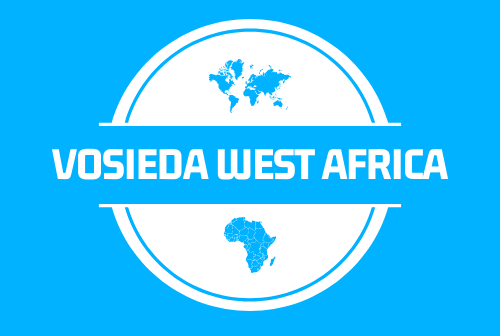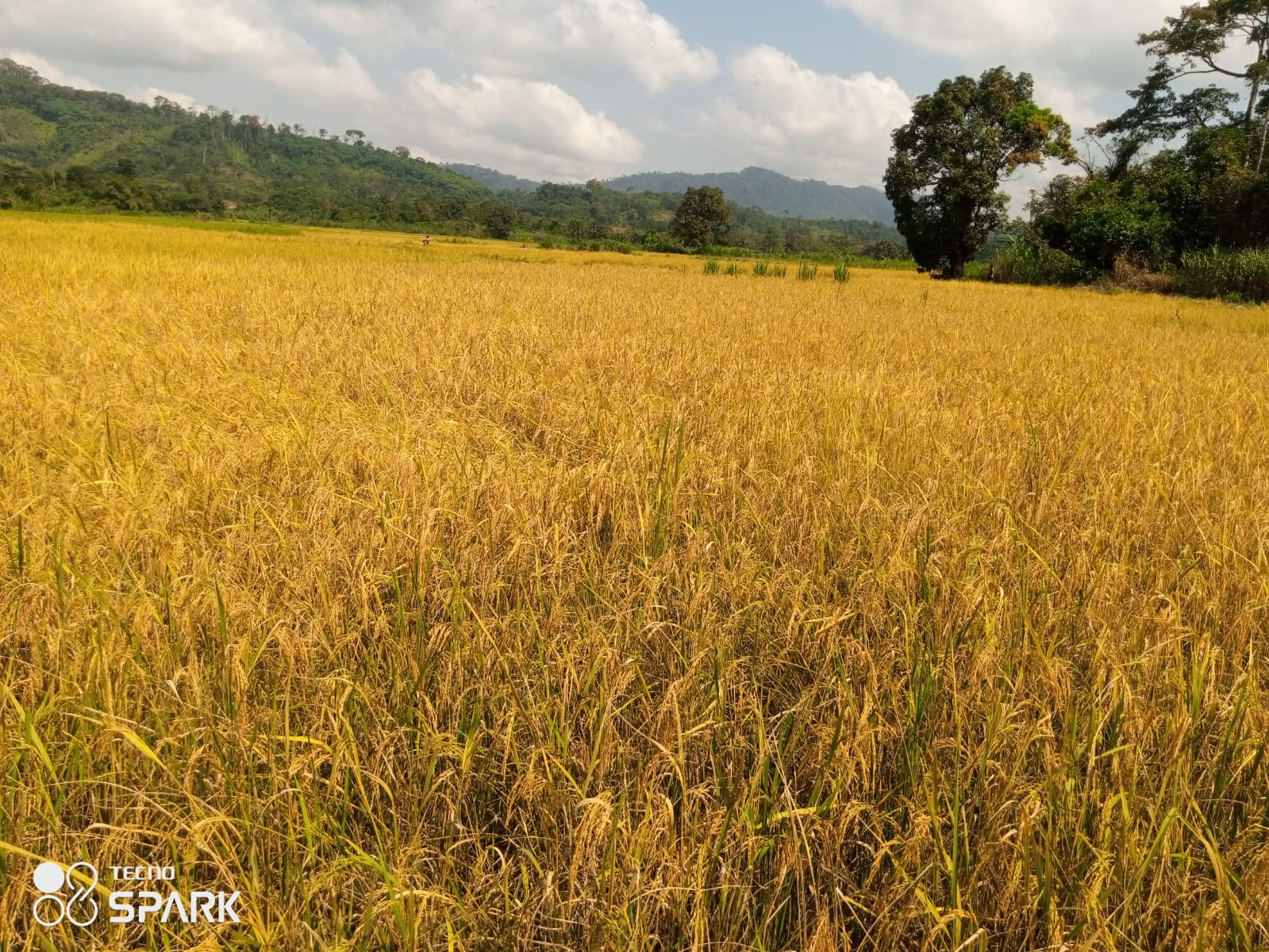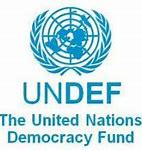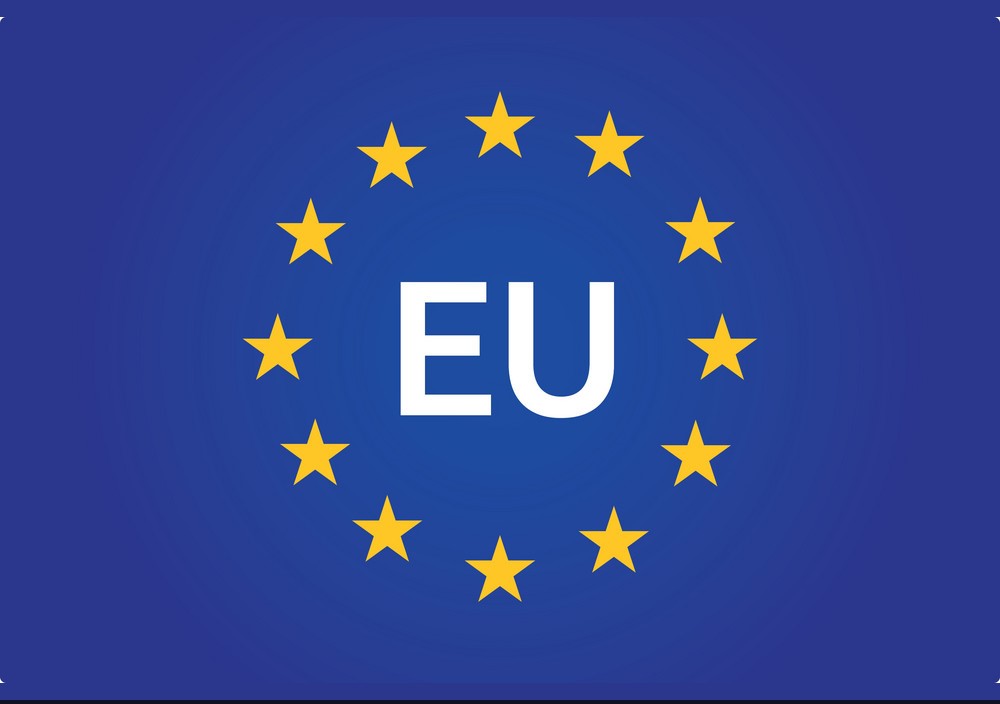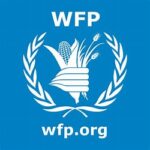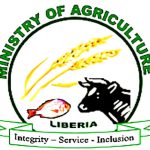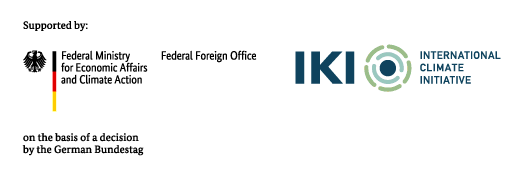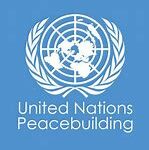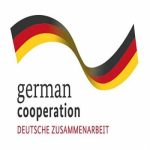Context
Despite Liberia’s fertile land and favorable climate for agriculture, a significant portion of the population continues to experience food insecurity and malnutrition. This is primarily due to inefficiencies within the country’s food and agricultural systems.
Factors such as poverty, gender inequality, land scarcity, inadequate living conditions, and low agricultural productivity have exacerbated chronic food insecurity. According to the 2023 Global Hunger Index, Liberia ranks 117th out of 125 countries, with a severe food insecurity score of 32.2.
While food insecurity has declined since 2000, this positive trend has nearly stagnated since 2015. Addressing the systemic issues within Liberia’s agricultural sector is crucial to further reducing hunger and malnutrition nationwide.
The weather patterns in Liberia are becoming increasingly unpredictable, with a notable rise in the frequency of severe weather events, such as heavy rainfall and flooding, particularly during the agricultural growing season. Climate model projections for Liberia suggest annual temperatures may increase by 0.9 to 2.6°C by 2060 and 1.4 to 4.7°C by 2090, relative to 1970-1999. Additionally, average yearly rainfall and the frequency of heavy rainfall events are expected to increase overall.
These changes adversely impact Liberian agricultural communities and smallholder farmers, who already face erratic rainfall, heat waves, declining soil fertility, and over-reliance on chemical fertilizers. These factors contribute to crop failure and diminishing yields. Inadequate predictions of changing climatic conditions hinder the development of effective adaptation strategies and sustainable farming practices.
However, VOSIEDA’s experience working with Liberian smallholder farmers suggests the most effective approach is to help them adapt their farming practices to become more resilient to the impacts of climate change.
The Intervention
This project aims to sustainably improve food and nutrition security for vulnerable rural households in Montserrado and Grand Bassa counties. It directly targets 700 households, including 500 smallholder farming households and 200 mothers, along with their family members, to sustainably diversify their diets and improve their nutritional status.
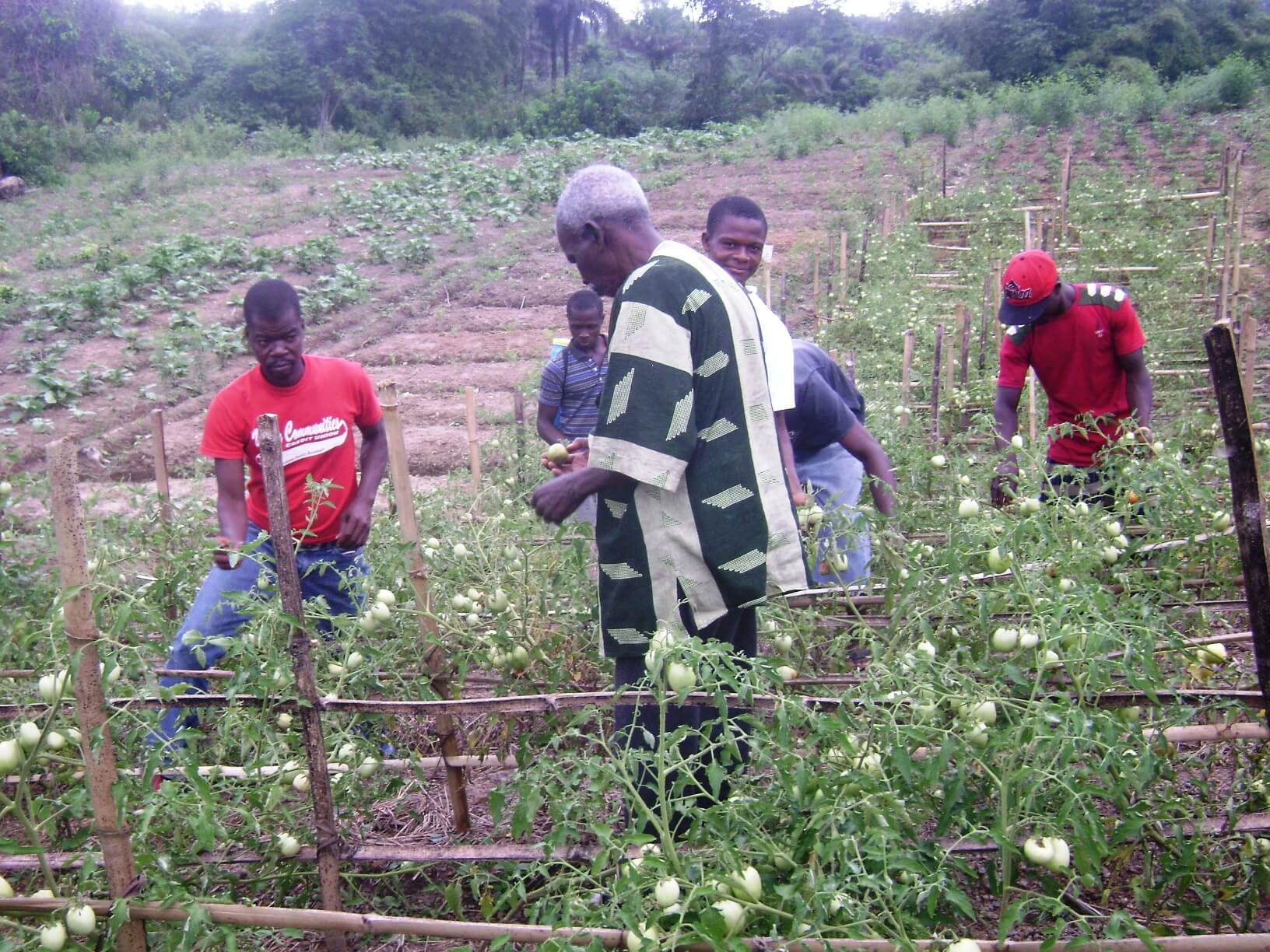
The LANN+ approach used in this project by Welthungerhilfe and VOSIEDA is based on the UNICEF model. This model classifies the determinants of food and nutrition insecurity into three categories:
- Immediate causes – direct factors like individual nutrition and health
- Underlying causes – household and community factors such as access to food, caregiving practices, and health services
- Root causes – broader social, economic, and political structures that affect underlying conditions
This comprehensive framework allows for thorough analysis and consideration of all the factors contributing to food and nutrition insecurity.
As noted in the problem statement, food security alone does not necessarily lead to favorable nutritional outcomes, especially for women and children. Other critical elements like food consumption and distribution, gender dynamics, and water/sanitation/hygiene (WASH) must also be adequately addressed.
Expected Result
-
Five hundred smallholder farmers in the target communities have increased and diversified their crop production, reducing post-harvest losses.
-
Two hundred mothers from the target communities have improved their knowledge of nutrition, childcare, hygiene, and sanitation practices.
-
Five hundred smallholder farmers in the target communities have achieved improved income generation at the community level and gained access to loans.
-
VOSIEDA has enhanced its operational capacity and expertise, enabling the sustainable implementation of current and future projects.
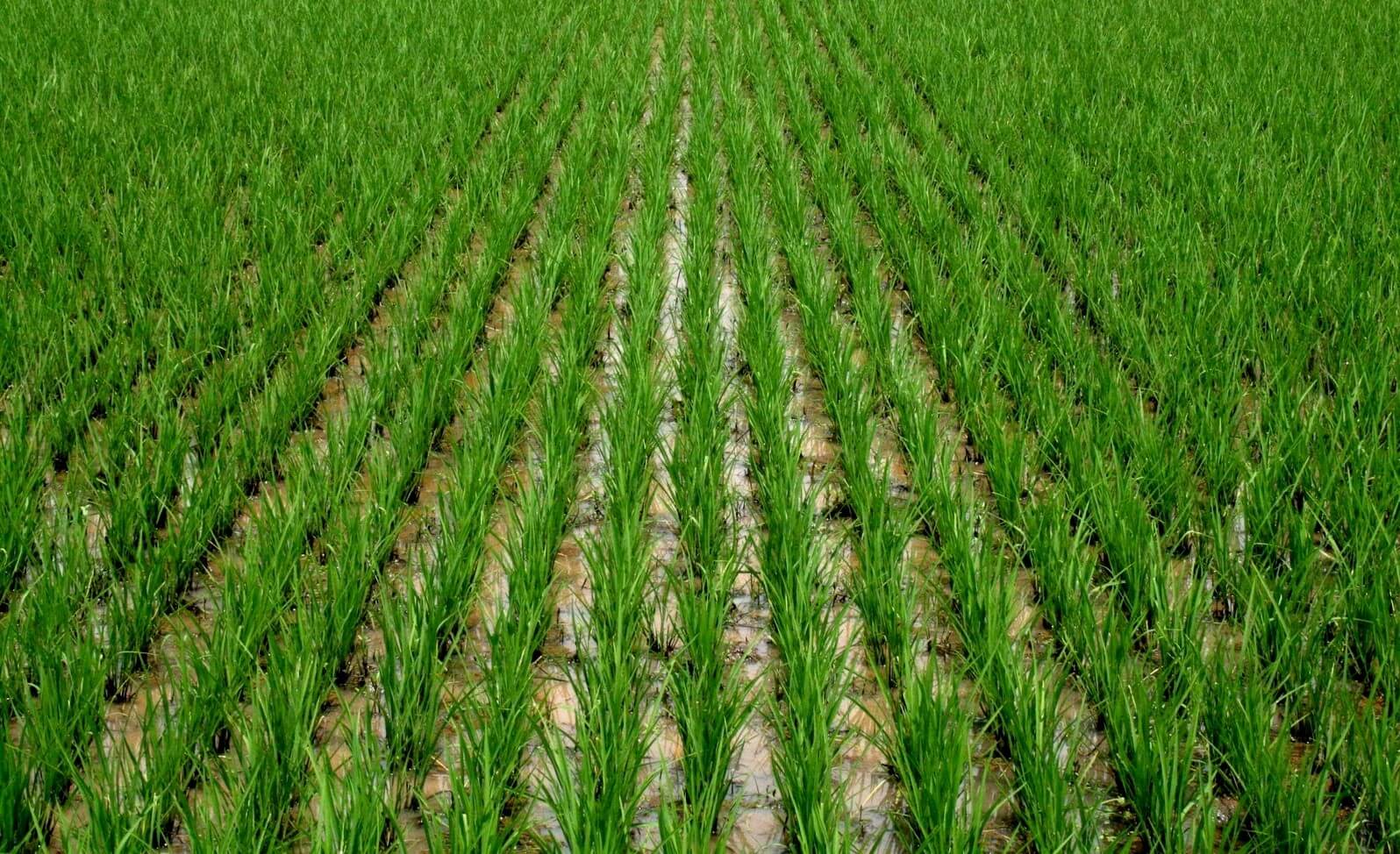
The German Federal Ministry for Economic Cooperation and Development is funding this project. VOSIEDA has partnered with Welthungerhilfe to achieve the project’s goals. As the funding manager, Welthungerhilfe will supply VOSIEDA with financial resources and services to support implementing project activities detailed in the Logframe. This collaboration is designed to bolster VOSIEDA’s ability to execute the project successfully.
Key Facts
Sector: Food Security & Livelihoods Enhancement
Domain: Food Security, Poverty Eradication, and Climate Change
Benefiting zone: Liberia
Nature: Performance-based contract
Duration: 2024 – 2026
Status: Active
